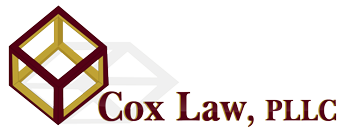In addition to the ordinary elements of negligence, in a premises liability claim, elements to be proven by the plaintiff “include the defendant’s possession or control of the premises and notice of the dangerous condition.” Lisanti v. City of Port Richey, 787 So. 2d 36, 37 (Fla. 2d DCA 2001); see also Bechtel Corp. v. Batchelor, 250 So. 3d 187, 200 (Fla. 3d DCA 2018) (“A premises liability claim is, at bottom, a negligence claim with the added elements of possession/control of the premises, and notice of the dangerous condition.”); Jones v. Discount Auto Parts, LLC, 2017 WL 1396477 (M.D. Fla. Apr. 19, 2017) (“To sustain a premises liability action predicated on negligence, the plaintiff must establish: (1) the existence of a duty on the part of the defendant to protect the plaintiff from the injury or damage of which he complains; (2) the failure of the defendant to perform that duty; and (3) injury or damage to plaintiff
The standard jury instructions setting forth the required elements of proof in a premises liability claim are “[W]hether (defendant) [negligently failed to maintain [its] premises in a reasonably safe condition], [or] [negligently failed to correct a dangerous condition about which (defendant) either knew or should have known, by the use of reasonable care,] [or] [negligently failed to warn (claimant) of a dangerous condition about which (defendant) had, or should have had, knowledge greater than that of (claimant)]; and, if so, whether such negligence was a legal cause of [loss] [injury] or [damage] to (claimant, decedent or person for whose injury claim is made).” Davie Plaza, LLC v. Iordanoglu, 232 So. 3d 441, 445 (Fla. 4th DCA 2Q17).
In general, a cause of action for premises liability does not hinge on legal title or ownership, but rather on the failure of the party who is in actual possession or control to perform its legal duty.” (citation omitted)); see also Link v. Gonzalez, 699 So. 2d 266, 267 (Fla. 3d DCA 1997); Solomon v. New ERA Meat No. 2, 961 So. 2d 989, 989 (Fla. 3d DCA 2007)

